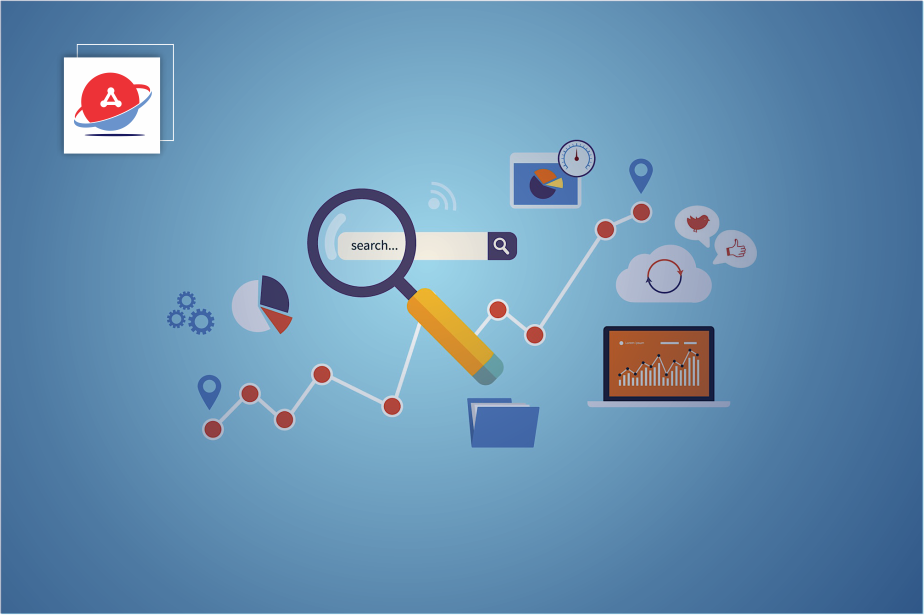The variety of tactics accessible for company success has increased thanks to digital marketing. What are the differences between organic search and paid search? is a common query from users and industry experts regarding two of these tactics that are growing in popularity. Which should I continue to use? Which is superior? Do they truly function?
The answers to these queries are ambiguous and depend on the market sector and objectives of each organization. The truth is that when properly implemented, organic and paid techniques work in harmony and can produce favorable outcomes.
Most people now use search engines on a daily basis. Google receives over 3.5 billion queries every day, according to the website Internet Live Stats. Users choose the organic or paid result that, in their opinion, offers the best response to their queries.
What distinguishes organic search results from those that are paid for? A few seconds after starting a search, you will see advertisements at the top of the page.
These results are from paid searches, and a business has paid for their display there. The organic results are located immediately beneath them and are ranked according to how pertinent your search is to Google’s algorithm.

What Is Organic search?
These sites and links show up “naturally” in search results. There is no direct expense associated with this kind of traffic. The algorithm takes into account a number of ranking parameters to present search engine users with the most pertinent results. These are the top three:
- content’s excellence, relevancy, and uniqueness.
- Navigability and user experience on the site.
- ranking of backlinks.
This underlines how crucial it is to establish a strong online presence for your company in order to increase visibility and authority. In order to do this, a variety of SEO techniques can be created to optimize your website and content, make it more relevant to consumers, and, as a consequence, rank higher in organic search results.
Advantages of organic search
Although pay-per-click advertising has its place, we firmly feel that traffic from organic searches is more valuable than traffic from paid click advertisements. This is why:
Cost
Cost savings is the benefit of organic search traffic that is most visible. Your company’s links will be visible to potential site visitors thanks to pay-per-click advertisements. However, the money you’ll spend on click-throughs might build up over time.
The cost-per-click for organic search traffic is zero once you have adopted strong SEO techniques, offering your business an advantage over rivals that are shackled in a pay-per-click world.
Credibility
Credibility is one of the reasons we support organic site traffic. Most Internet users are aware of the outcome at this point in the game; businesses who solely rely on sponsored traffic to their websites frequently lag behind their competitors in terms of visibility and credibility.

What is Paid Search?
Paid search involves a direct cost to have your ad appear prominently and send people to your business’s website. They operate by choosing keywords that correspond to the user’s search criteria.
The adage “whoever pays more, appears more” is frequently believed to be true, although it is incorrect. Search engines prefer useful and original information on websites that provide the best user experience, especially when it comes to sponsored links.
A well-defined target audience and meticulous planning, based on data, are essential for effective traffic management. The fact that results may be seen nearly quickly and there is a higher likelihood of user conversion is one of paid media’s main benefits.
What is SEO?
“Search Engine Optimization” (SEO) is a set of methods to increase the likelihood that particular web pages will be displayed as results for particular search phrases.
These methods include keyword and competitor research, producing pertinent content that is properly structured, on-page and off-page optimization, proper text formatting, and backlink profile building.
It should be mentioned that SEO tactics have a long-term impact, assisting to build credibility and brand awareness, and that they are always evolving due to the dynamic nature of search engine algorithms.
Activities of paid and organic search
Paid and organic search both have their unique qualities and advantages, aside from the apparent differences in cost and activities. Organic search demands more perseverance and yields results that last longer than paid search, which only requires a brief effort and can produce immediate results.
Although most businesses choose to employ both tactics, as we’ve already discussed, this might change depending on your market niche, your brand objectives, and your target demographic.
Conclusion
In reality, both initiatives work together: paid search produces audience segmentation data and trending keywords that might help your SEO strategy. Combining organic search with paid search may be beneficial if your aim is to increase your visibility and conversion online.
While you endeavor to ensure your company’s ongoing presence on Google, the combination will have search engine users finding your brand in no time.
Now that you are aware of the distinctions between organic and paid search, contact Sherlock Communications to learn how we can help you with these tactics. Continue surfing our blog if you want to see additional advice about digital marketing.
SOURCE: Sherlock Blog



